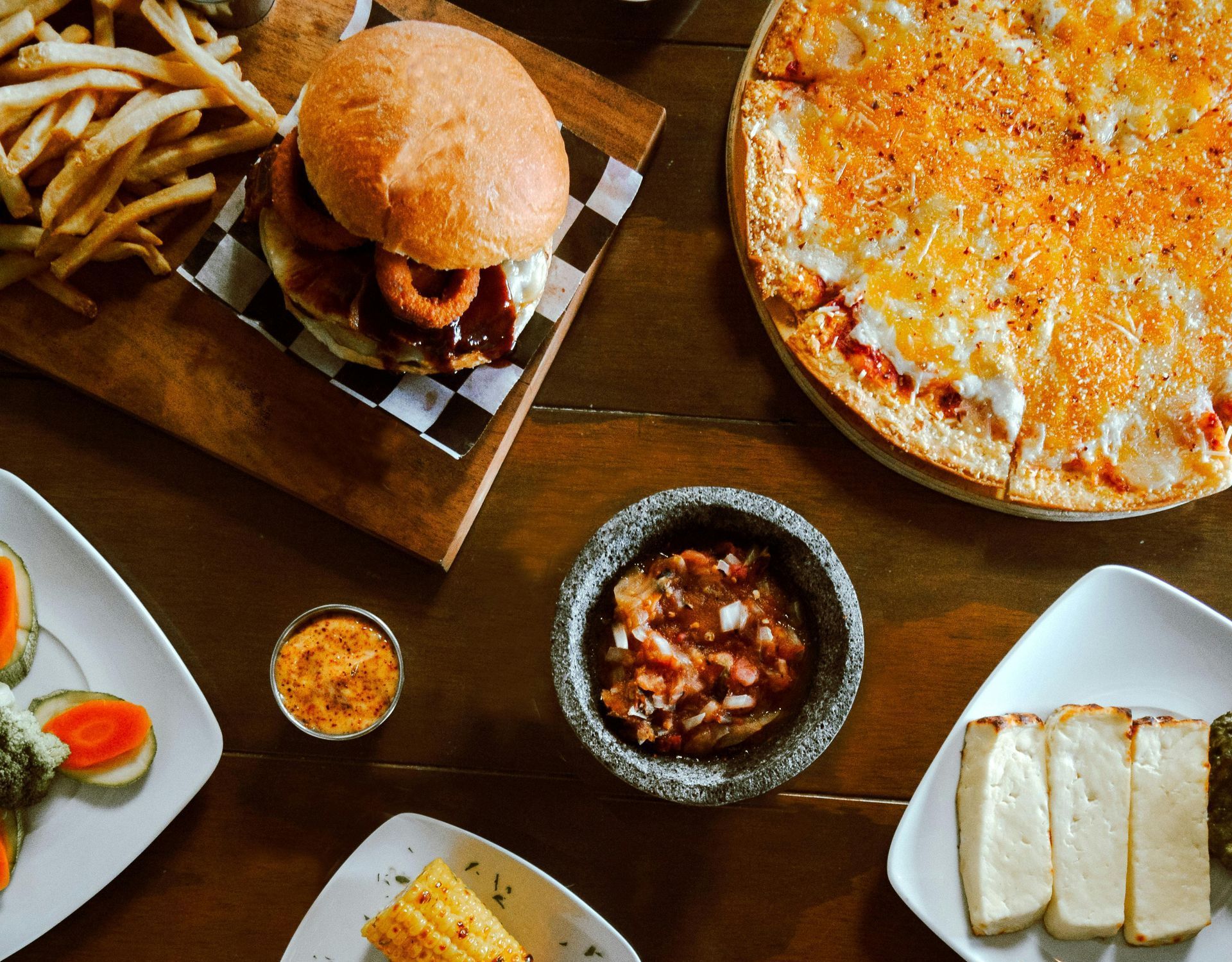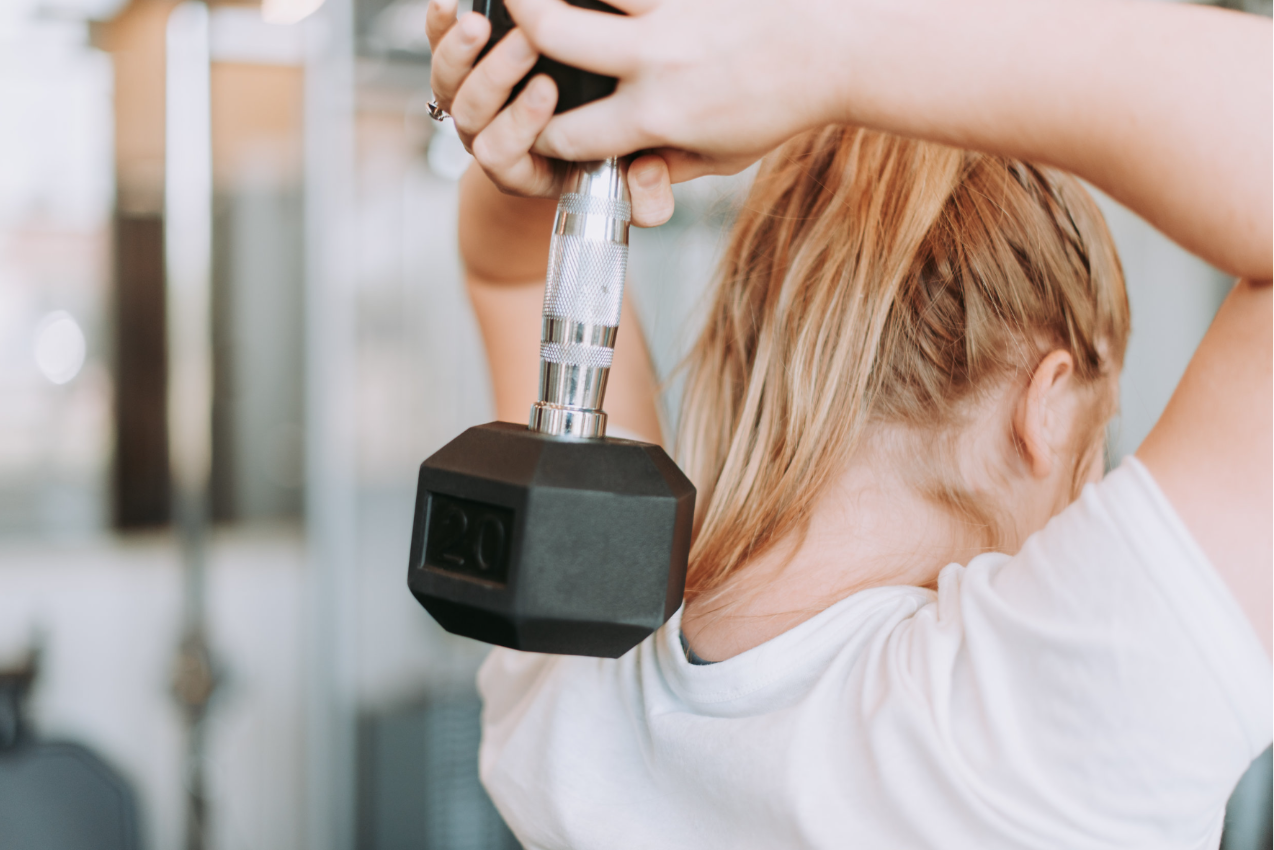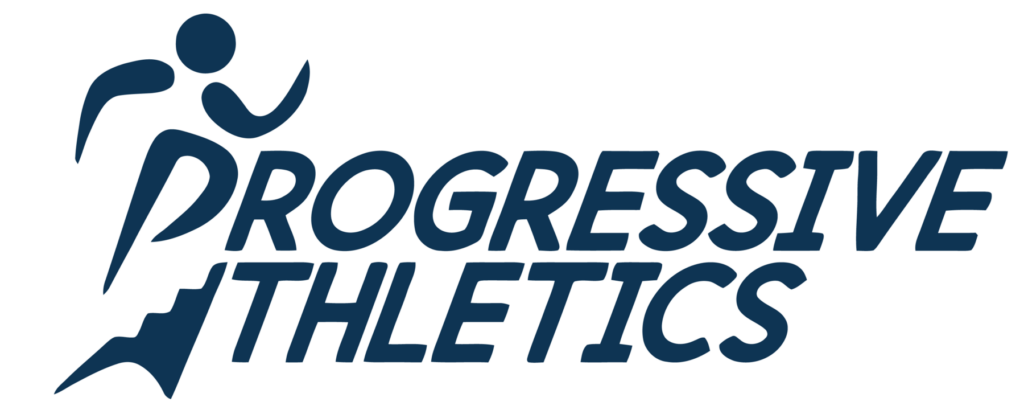How to Quit Weekend Overeating
5 Strategies to break the cycle and
an recipe to make weekends easier
In our world, weekend overeating is the common, and sometimes expected. It's feels good to let loose… until you got sick with bloating, regret, guilt, and extra pounds. Good news! You're not weak and hopeless. There's a real reason behind your Friday-to-Sunday overeating. In this blog, I'm going to share 5 strategies to help you curb that weekend overeating. Read to the end for my go-to chili recipe and a bonus strategy!
Does this sound familiar?
You're “good” all week.
Then Friday around 5pm, you're already planning on ordering pizza. The end of the work week means Dr. Pepper, pizza, a giant bag of chips, and Netflix. Its a Friday ritual.
You worked hard all week. You job was stressful, you had to commute to work every day, and you ate perfectly at every meal. You earned it right? And now you get to reward yourself by unwinding and eating whatever you want.

But here's the deal...
Restricting all week long, followed by the Friday "cheat meal" opens the flood gates for a weekend free-for-all.
We've all been there. A big breakfast on Saturdays before you take your kids to practice, and lunch in the drive-through afterwards. Then we got out Saturday night for drinks and a heavy appetizers with friends. Or we stay home for more family times and takeout and movies on the couch.
Then came Sunday brunches, of course. And picking up some of those amazing cookies at that little coffee shop on Sunday walks. And, naturally, you close weekends with a big Sunday roast… because it’s Sunday.
Because it’s Friday. Because it’s Saturday. Because it’s Sunday.
And the following week: Because it’s Thursday night. Technically close enough to Friday. Friday is no school anyway.
I’m not talking about clinical compulsive bingeing. That’s where you have episodes of eating without thinking, almost like you’re on autopilot.
(People with binge eating disorder feel disassociated while overeating. It's recommended to get help from a doctor or therapist.)
What I'm talking about is a weekend stress-fueled habit.
Our families and social circles are often happy to support our overeating ritual. You might even hae binge buddies and pizza pals.
Inevitably, the overeating doesn't make us feel better. The temporary escape from our problems soon ends and the bill comes due. And now we feel worse than before. You might feel angry at yourself for your lack of control. You might feel regret, guilt, and mentally and emotionally crappy.
While it's normal have some fluctuation in weight while you're getting into shape, if you want make fitness and health a permanent part of your lifestyle, then weekend overeating can sabotage your goals.
In addition to the extra body fat, blood sugar, and other health markers there’s other unwanted stuff.
Like your joints hurt because of inflammation from last night’s junk food. Or you’re too full to jump rope or jog. Or you lie awake in bed with heart burn.
Yet the cycle can be hard to break.
You start cutting deals with yourself, such as, if it’s “good food” then it’s okay to overeat. (Think jars of almond butter, spinach pizzas, and bowls of guacamole)
During the week, maybe we train harder at our workouts to "work off" the weekend. We eat less and track calories in a spreadsheet. Maybe we try intermittent fasting or Keto. But every attempt to enforce food rules on ourselves was inevitably followed by an even bigger blowout on the weekend.
The cycle continues and our health and fitness goals remain elusive.
But good news, there's a way to break the cycle. I've helped hundreds of clients change their eating habits. Many of them have come to me asking for help in breaking free from Weekend Overeating. Here's 5 of the strategies that have helped them and my personal recipe for making healthy eating on the weekend easy.
There's no "one weird trick", bio-hack, or a magic pill.
One fact we need to accept is that our eating habits on Friday, Saturday, and Sunday are the not the only challenge. There are likely some questionable weekday habits, too. Habits that were perhaps even more crucial to the whole picture.
Once you identify our daily eating patterns, you can start developing a healthier relationship with food... Here are 5 strategies that have helped me and my clients turn things around.
Strategy #1:
Ditch "perfect" and shoot for “good enough”
I’ve seen it in so many of my clients.
They want to follow the “perfect” diet.
So they adhere to strict meal plans (to the last measured teaspoon) Monday to Friday. And, the whole week, they worry incessantly about strictly adhering to the rules. They might even lose several pounds in a few days and feel awesome!
But by the weekend, the willpower fizzles. They’re exhausted from restrictive eating and can’t wait to eat food they actually enjoy. Bring on the weekend binge!
They see only two options: perfect or crap.
So the logic follows:
“It’s Saturday, I’m out to lunch with my family, and I can’t have my perfect pre-portioned kale salad like I usually do, so instead I’ll just overeat a giant bacon cheeseburger and a huge heap of fries.”
If you take “perfect” off the table, things change. Now there are now a tone of other options. Instead of kale salad vs. five servings of fries, there’s:
“I’m actually in the mood for a salad with my burger because I had fries at that work lunch on Thursday.”
Therefore, my solution: Aim for “good enough”.
Throughout the work week and the weekend, consider your health and fitness goals, what will truly satisfy you, what is available, etc. Come up with a definition of “good enough”, and aimed for that. Don't agonize over perfect meals. You can always upgrade the quality and adjust quantity as you go. Just set a standard that you can keep up even on your crazy days.
Remember: The decent method you follow is better than the “perfect” one you quit.
Strategy #2:
I let go of my food rules.
If perfectionism is the Wicked Witch of overeating, then food rules are the flying monkeys.
Food rules tell you:
- what you can and can’t eat,
- when you can or can’t eat it,
- how you can or can’t eat it, and/or
- how much you can or can’t have.
These rules take up an awful lot of mental real estate. They also set you up to give up or “Cheat Day” mode.
Here’s how the "Cheat Day" works.
Let’s say your #1 food rule is Don’t Eat Carbs. No croutons on the salad; won’t touch a sandwich; no potatoes with your omelet.
But this Friday night, you find yourself out with friends, and everyone’s having ice cream and pizza. You hold out for a bit. Finally, you give in and grab a slice.
You think that you’ve “blown your diet”, so you might as well keep eating. Cue the binge and uncomfortable after effects.
Of course, if you have one food rule, you probably have several. That means there are lots of ways to “mess up” or "cheat". Maybe all night. Maybe all weekend.
Eating by the rules almost always leads to overeating crap, because once you deviate, there’s nothing left to guide you.
My solution: Ditch the rules. Do a little planning ahead. And let hunger be your guide.
Non-dieters (or so-called “normal eaters”) eat when they’re physically hungry and stop when they’re physically full, no matter if it’s Wednesday or Saturday, morning or evening, work lunch or happy hour.
Start by looking ahead to your weekend and paying attention to your own food rules and responses.
When, where, and how are you likely to say, “Cheat” Make a simple plan for how you will basic nutrients (without obsessing). What might happen if you let go of that rule and really tuned in to your physical hunger and fullness cues instead? Prioritize protein and vegetables and pay attention to how you feel. If you're still hungry, go ahead and enjoy the other foods around you.
Strategy #3:
Ditch the “Cheat Days”.
Monday through Saturday is all about being faithful to your diet. But Sunday… That’s Cheat Day.
Oh, Cheat Day. The happiest day of your week.
You wake up on Cheat Day morning like a kid at Christmas. Go hog wild all day long, eating all the stuff you didn’t permit yourself during the week.
As evening nears, you start to dread Monday. So you start "cramin for the famin" and eat (and maybe drink) even more. Because tomorrow, it’s back to reality. Back to rules and compliance. And no fun.
Sure, a few people find the idea of a weekly Cheat Day useful both mentally and physically. If this is you, and it works for you, then by all means continue.
But for most of the people I’ve coached, having one Cheat Day means the rest of the week is food purgatory.
My solution: I quit the Cheat Day routine, and gave myself permission to choose what I wanted all week long (within reason).
Cheat Day operates on scarcity.
Scarcity makes us feel anxious, needy, and greedy. The counter to a scarcity mindset? Abundance.
For you and most people around you, food is abundant — not something to be hoarded or feared. (If that’s true in your life, be grateful. It’s a privilege.)
You don’t need to “cheat” because there’s nothing, and no one, to “cheat” on. After all, the day of the week is arbitrary when it comes to eating. Maybe you enjoy some dessert on a Tuesday night because you’re in the mood for it, or maybe you don’t because you’re satisfied from dinner. You follow hunger cues and thoughts about how you will feel in the future. Not someone else's rules - no matter what day it is.
Strategy #4:
I stopped rationalizing.
Weekends present all sorts of alluring justifications for eating a large amounts of non-nutritious foods. If you catch yourself saying "I can't" a lot, that is a red flag. You are allowing your people and environment make your decisions for you.
It could be anything:
- You were busy. Or maybe you had nothing going on.
- You were traveling. Or maybe you were at home.
- You had to work. Or you had no work to do.
- You had family/social meals. Or maybe you ate alone.
Any excuse will do. Powerless victim of circumstance!
But busyness, boredom, travel, work, or family dinners don’t inherently cause overeating. People eat or drink too much in lots of different situations. Their explanation simply matches whatever happens to be going on at the time.
Rationalizations are a convenient script. They help us make sense of — and perpetuate — our overeating or other unhelpful behaviors.
My solution: I stopped rationalizing and asked myself why I was really overeating.
Sometimes, you’ll want to eat crap. And too much of it. That’s normal.
But instead of falling back on the tired victim-of-circumstance narrative, pause to ask yourself what’s really going on.
Are you bored? Stressed? Sad? Short on sleep? Happy?
Do this over and over and over, and you’ll start to see some patterns. This is where the magic happens. It's your opportunity to change overeating behavior — and do something else to address those emotions directly instead of distracting yourself with food.
Strategy #5: Plan and Prep.
A little planning goes a long way to help Future You make good decisions. Leave room in your plan for eating out or ordering in.
The biggest challenge is usually protein and vegetables, especially on the weekends, so plan how you will those nutrients on the weekends, allowing some wiggle room for foods you enjoy.
One of my favorite ways to do this is make a big pot of chili on Friday and eat it all weekend. It's easy and very hardy so I stay fuller longer. Packed with protein and nutrients, I have peace of mind knowing I'm getting what I need. I The recipe is very flexible; a few basic ingredients and the rest are optional. Make it as spicy or mild as you like. You can go for meaty, vegetarian, or somewhere in between. Scroll down for the recipe.
And your reward for reading the end of this blog is this bonus strategy, Enjoy Your Food! When you enjoy your food more, you tend to eat less. You can enjoy those weekend wings and pizza without overdoing it by getting the most out of each bite. Watch our podcast where we take a deep dive and share some surprising and fun strategies for enjoying your food more. https://www.youtube.com/watch?v=3zP9k-cexok

Coach Linette’s Weekend Chili
Prep time: 10 minutes | Cook time: 15 minutes | Yield: 8 servings I 20 grams protein per serving
Make it on Friday and eat it all weekend. Very hardy and perfect on cold or rainy days. Packed with protein, fiber, and vitamins.
You can customize this recipe with optional ingredients, making it super flexible! Perfect for using up fridge leftovers or whipping up a meal when you’re feeling indecisive. Double the recipe for more servings or to freeze for later.
Ingredients
In a large pot:
- 1lb lean ground beef, turkey, or pork - browned and drained (optional)
- 1 medium yellow onion, chopped
- 1 cup chopped bell peppers (optional)
- 2 cans diced tomatoes (or 2 large fresh tomatoes, chopped)
- 2 cans chili beans (I use the kind from Aldi)
- 2 tablespoons minced garlic (fresh or canned)
- 1 - 4 Tbsp ground cumin (to taste - I use a lot!)
- 1 - 4 Tbsp ground chili powder (to taste - be generous!)
- 1 small can of Green chilis (Aldi has this as well)
- 2 - 4 Tbsp cocoa powder
- salt and pepper to taste
- ½ cup or more of minced mushrooms (optional)
- 1 cup fresh or frozen corn (optional)
- ½ cup fresh or canned salsa (optional - also good option if you don’t have onions)
Possible Toppings:
- Plain Greek Yogurt
- Shredded cheese
- Green onions
- ½ cup rice
- ½ avocado
Directions
On the stove:
- Brown the meat and/or onions and drain. If you’re going meatless, substitute with minced mushrooms or a plant-based meat substitute.
- Add in onions and garlic and saute till soft.
- Add the rest of the ingredients.
- Simmer 15 minutes or throw it all in a slow-cooker on low for 5+ hours.
T
o serve:
Add a generous dollop of Greek yogurt, rice, or any other toppings you want. Enjoy!
Meal Prep:
This makes a great meal prep dish because it keeps all week in the fridge, freezes well, and is very filling.
Protein Content: The basic recipe renders at least 20 grams of protein per servings, more if you add high-protein Greek Yogurt as a topping.











